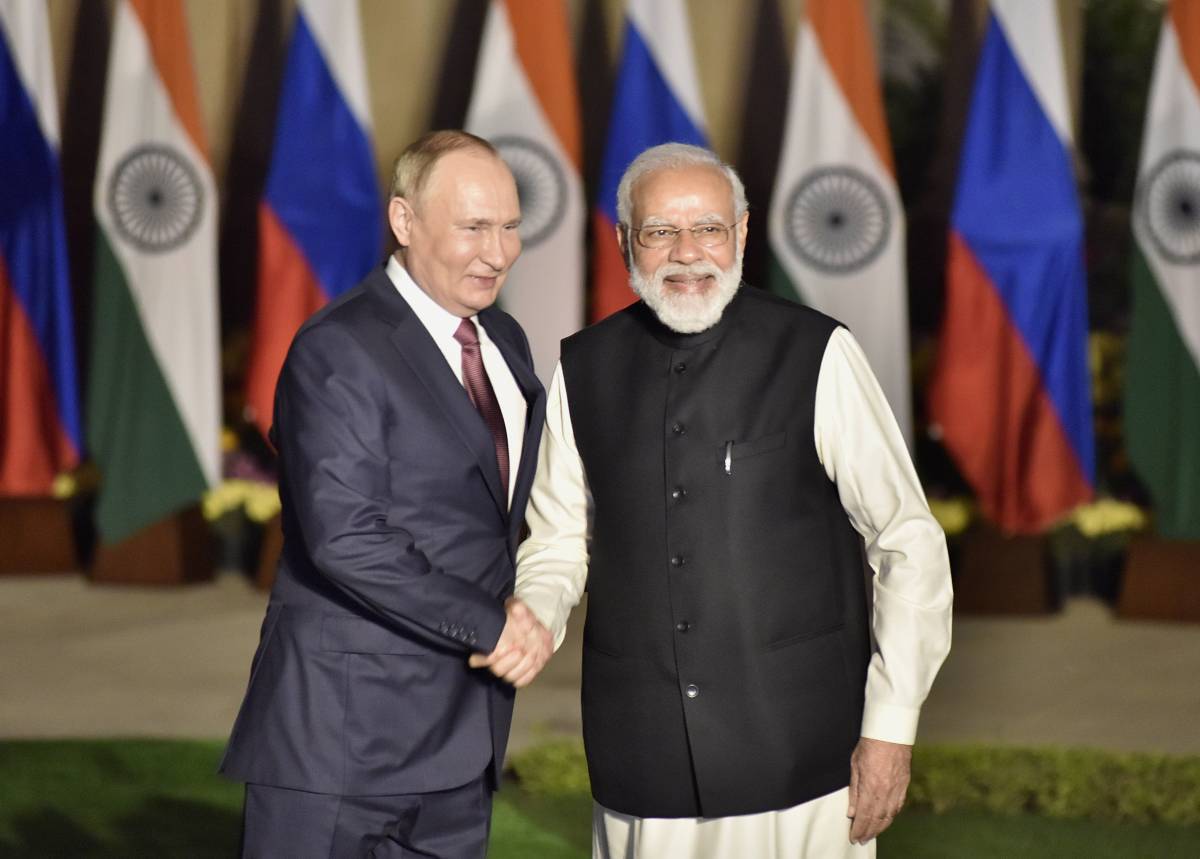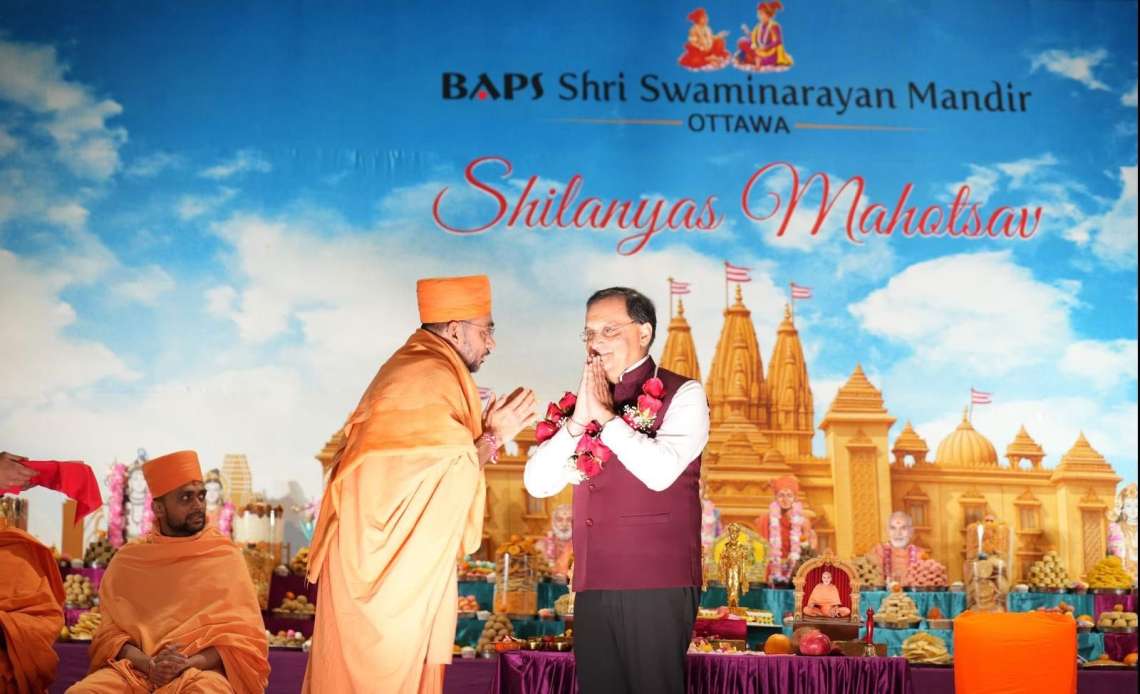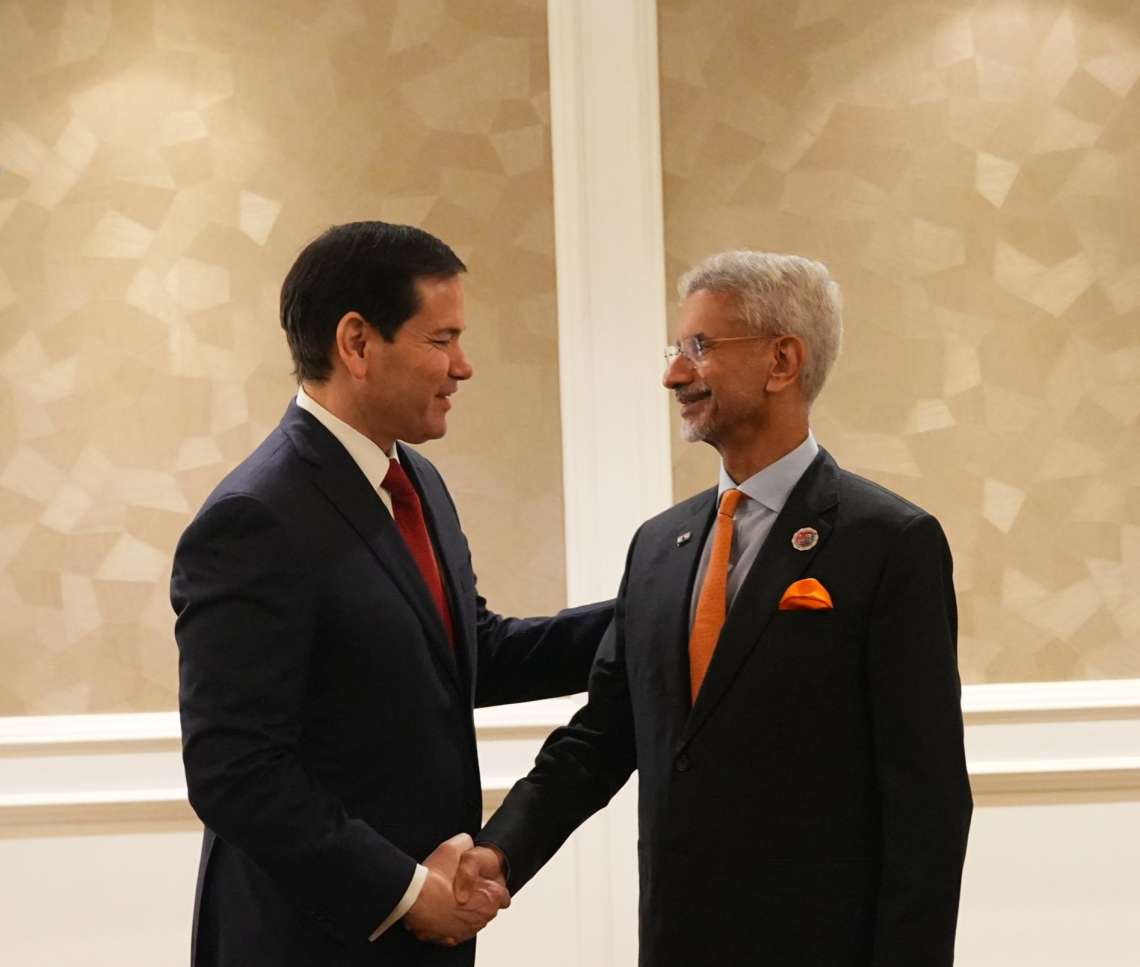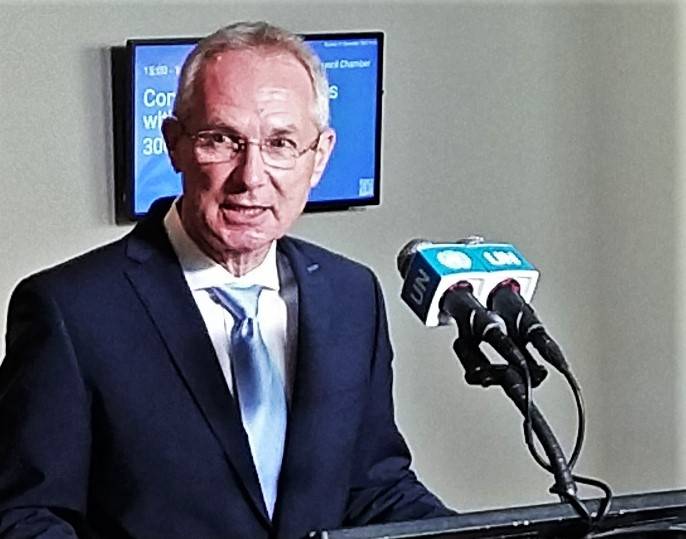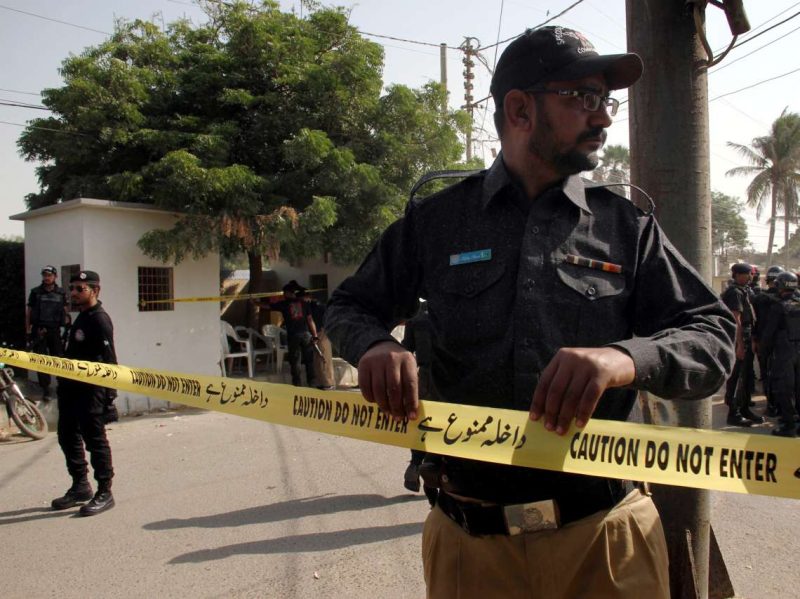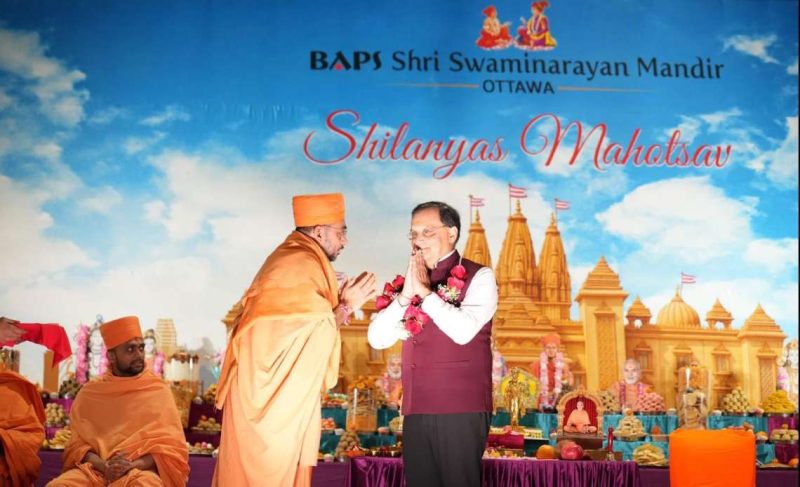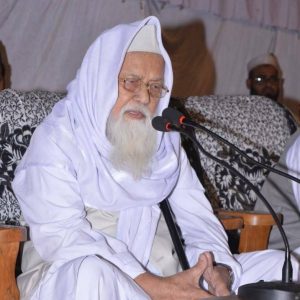Those who say we should choose sides should tell us which country has chosen sides in the decades old conflicts we have with China and Pakistan. Even our own neighbours have not, despite the power differential between us and them, writes Kanwal Sibal
India has had strong traditional ties with Russia. After the break-up of the Soviet Union and the emergence of Ukraine as an independent country, India has had friendly ties with it. Our relations with Russia have, of course, a historical depth, which is lacking in our ties with Ukraine. This has to condition our thinking and policies in the current Russia-Ukraine conflict.
The issue of a security architecture in Europe based on the West’s strategy of expanding NATO eastwards or one responding to Russia’s concept of “indivisible security” has been of concern to India only to the extent that US/EU-Russia tensions leading to the imposition of a series of sanctions on Russia by the West have presented challenges to our diplomacy. We have had to protect our national interest by steering our way through, on the one hand, expanding ties with the US and strong ties with major European powers, and, on the other, our “time-tested” trustworthy ties with Russia.
Our interests are not served by choosing sides in the current conflict between the West and Russia over Ukraine. We are not in alliance with either side and therefore have no treaty obligations to honour. Those who say we should choose sides should tell us which country has chosen sides in the decades old conflicts we have with China and Pakistan. Even our own neighbours have not, despite the power differential between us and them.
The US-China economic relationship is the biggest in the world at the bilateral level and remains so despite China designated as an adversary and the current tensions over Taiwan. The US has over many years helped build communist China that neither believes in a free economy nor free people into a major power, in preference to a democratic India. The US-China relationship continues despite the current Chinese aggression against India in Ladakh. The US has not chosen between India and Pakistan despite the latter’s involvement in terrorism against India over decades and periodic triggering of military conflicts. Europe has not chosen between India and Pakistan or India and China. It has ties with our adversaries to the degree they serve individual country or collective interests.
Russia has been more sensitive to our concerns about Pakistan but has lately expanded its options vis-a-vis Islamabad. Russia is well aware of our problems with China but has not only remained neutral on India-China issues, it has under western geopolitical and economic pressure deepened its strategic ties with China, the implications of which we cannot overlook. Ukraine, of course, has not chosen sides in our conflicts with either Pakistan or China.
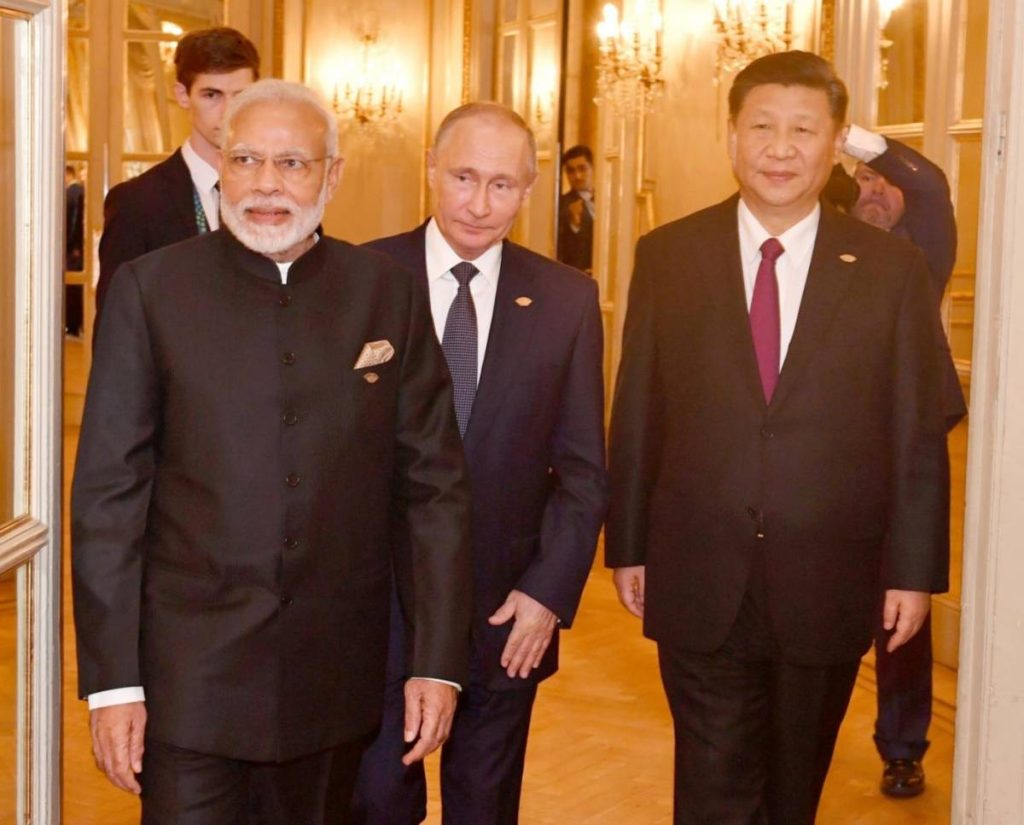
If in our joint statements with western countries or Russia terrorism is condemned and, in some cases, Pakistan based terror organisations are mentioned by name, it is because both the West and Russia have deep concerns about the threat of terrorism to their own security, independently of India. They are not taking sides with India; they are accepting that a shared threat from terrorism exists. In the case of Ukraine, India and the West have no shared concern over military threats from Russia.
If moral questions are raised by the West in criticising our neutral position on the Ukraine conflict, it can be equally validly argued that moral questions are equally involved in a jihadi militaristic regime in Pakistan exporting terror to India and an expansionist, bullying autocracy in China exercising its sovereignty claims over Indian territory with military tools.
Beyond all this, larger issues exist that would prevent us from aligning ourselves with the West on the Ukraine issue. Having suffered from western sanctions for decades aimed at obstructing our technological progress in strategic areas, we cannot support sanctions as a matter of principle, be it on Russia or other countries, unless approved by the UN Security Council. It is a different matter that we are forced to comply with unilaterally declared US sanctions in order to protect ourselves from secondary consequences. The policy of imposing sanctions has shown that there is scant regard for the interests of the developing world.
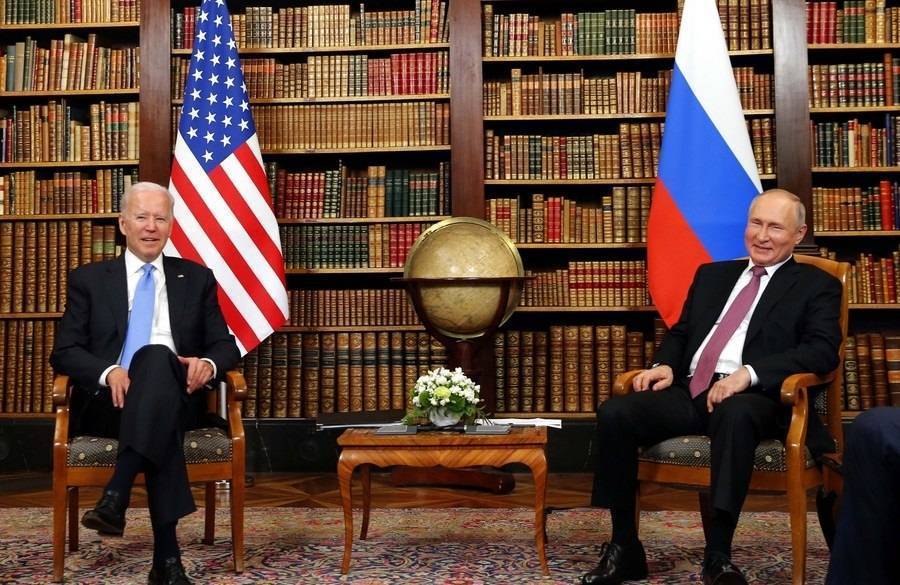
The Ukraine conflict has demonstrated the power of the West to control narratives about a situation or a country. Today, it is Russia, tomorrow it can be another country. India has a taste of it through the narratives being propagated by western media, including the social media, and the NGOs as well about the decline of democracy in India, violation of minority rights, Hindu nationalism, and so on. There is open interference in India’s internal affairs. In this, local Indian elements are complicit, and the goal is to shape India’s politics and society. India has to learn a lesson from the demonisation of Putin and Russia being promoted by western circles, including at the governmental level.
India has been backing the reform of the international system that would give more say to developing countries in international governance. The outlook for this is becoming darker. The fracturing of the international system currently happening will make any consensual reform impossible in the foreseeable future. The UN Security Council, already ineffective on matters of peace and security, will become even more so, with the West ranged on one side, Russia and China on the other, and India and developing countries in between. A false narrative of democracies versus autocracies is being constructed to replace the dichotomy between capitalism and communism during the Cold War. The G7 risks replacing the G20 (in which China and Russia are present) as the preferred forum for global financial management. This will be at the cost of the emerging economies and the furthering weakening of globalisation.
Wrong precedents have been set by confiscating Russia’s foreign exchange reserves, the private properties of Russian businessmen without due process of law and Russia’s expulsion from Swift. Others are closing the western airspace and ports to Russian planes and ships, calls for a blanket ban on visas for Russians to travel to the West, the capping the price of Russian oil etc.
If a call can be made for a regime change in Moscow or trying Putin as a war criminal and collection of evidence for that (egregiously even at the Heathrow airport), or seeking a military defeat of Russia through a proxy war disregarding the nuclear risks involved in confronting the world’s foremost nuclear power along with the US, the non-western world has to take cognisance of the consequences for global peace and cooperation of such excesses.
If India bats for multipolarity, the reasons are many and valid for our own global interests and role as we rise.
(Kanwal Sibal is India’s former Foreign Secretary and Ambassador to Russia. Views expressed are personal and exclusive to India Narrative)
(The content is being carried under an arrangement with indianarrative.com)


